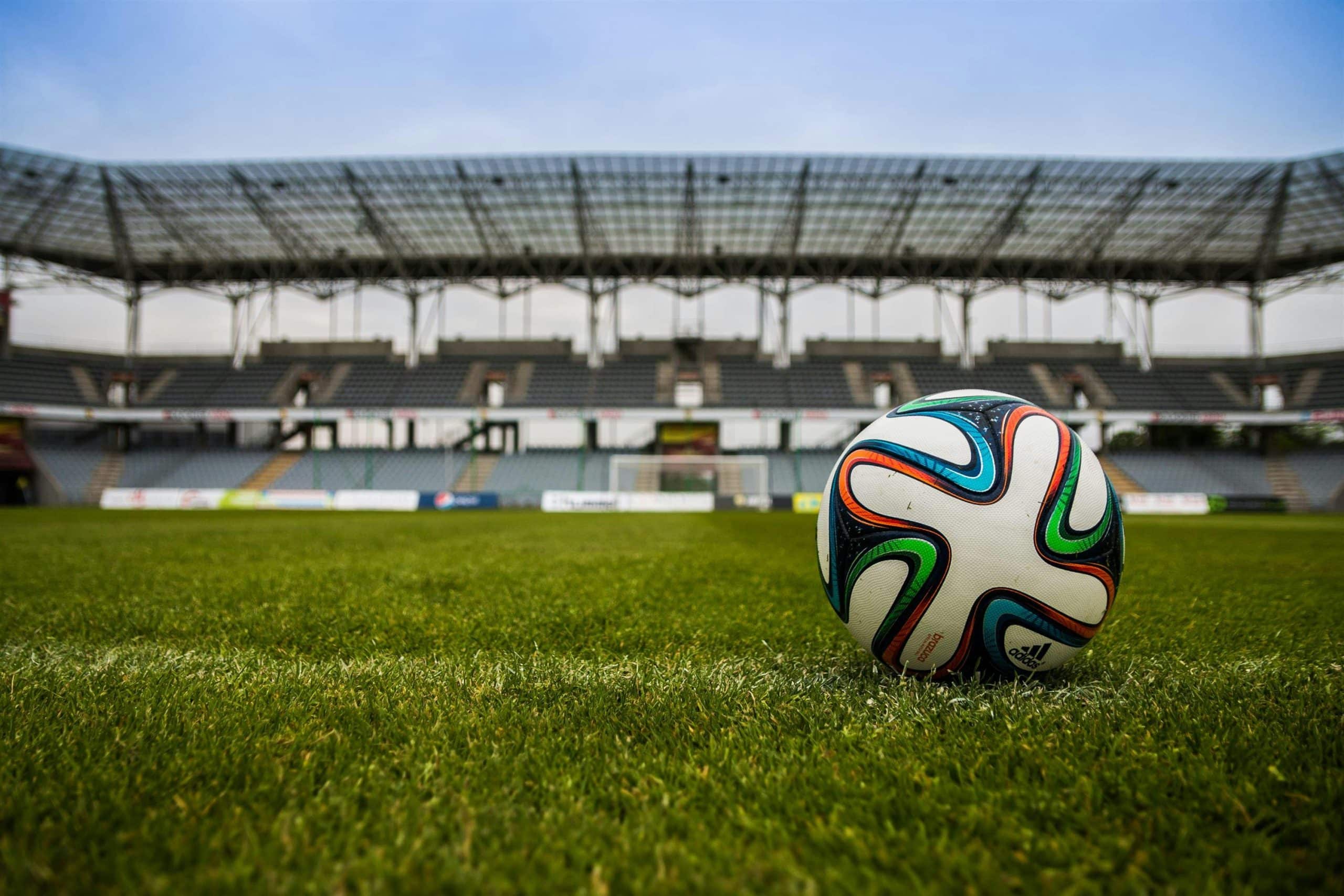What’s the Impact of Sport-Specific Meditation Techniques on Decision Making in Football Quarterbacks?

Before we delve into the heart of the matter, let’s take a moment to understand the context. Football, like all sports, requires a nuanced interplay of physical prowess and mental agility. The role of a quarterback, in particular, places a premium emphasis on decision-making skills. It is not enough to throw the ball accurately or run swiftly. A quarterback must read the game in real time, anticipate moves, and make swift, accurate judgments that will shape the course of play. This is where the science of psychology meets the art of sport. More specifically, it’s where sport-specific meditation techniques come into play, providing the mental training that can help quarterbacks improve their game-time decisions.
The Intersection of Psychology and Sports
The nexus between psychology and sports is not a new discovery. For decades, sports psychologists have been exploring ways to enhance an athlete’s performance not just by honing their physical skills, but by fortifying their mental strength. Through sports psychology, mental training techniques such as meditation are being increasingly recognized as powerful tools to enhance the cognitive abilities of athletes.
Additional reading : How to Design an Injury Prevention Program for Youth Competitive Gymnasts?
So, what exactly is mental training in sports? Simply put, it’s the process of developing cognitive skills that can improve performance. Techniques can include mindfulness exercises, visualization, and cognitive-behavioral strategies. The purpose of these techniques is to help athletes manage stress, improve focus, boost confidence, and improve decision-making skills.
One particular aspect of sports psychology that has garnered attention in recent years is the practice of sport-specific meditation. In contrast to general meditation practices, sport-specific meditation is tailored to the unique demands and challenges of a particular sport. For football quarterbacks, this could imply meditation practices that enhance decision-making abilities under pressure, improve focus amid the chaos of the game, and aid memory recall for play strategies.
Also read : How Are Neuromuscular Electrical Stimulation Devices Used in Cyclist Training?
Sport-Specific Meditation Techniques for Football Quarterbacks
There are several sport-specific meditation techniques that football quarterbacks can incorporate into their training regimen. These techniques have been devised with a keen understanding of the cognitive demands of the quarterback’s role and are designed to enhance their decision-making abilities during a game.
One such technique is mindfulness meditation. It encourages athletes to stay present and focused on the current moment, without letting their mind wander to past mistakes or future worries. This is particularly useful for quarterbacks, who often need to make split-second decisions in the heat of the play.
Another technique is visualization or mental rehearsal. The quarterback mentally rehearses the plays, visualizing successful execution, and the desired outcome. This technique not only aids in memory recall but also helps improve confidence.
The Impact on Decision-Making Abilities
The impact of these sport-specific meditation techniques on a quarterback’s decision-making abilities can be quite profound. Firstly, they help improve focus. By training the mind to stay present and not get distracted, quarterbacks can be more attentive to the game and more quickly react to the unfolding plays.
Secondly, these techniques can aid memory recall. Regular mental rehearsal of the plays can make memory recall quicker and more accurate during the game, enabling quarterbacks to execute strategies more effectively.
Lastly, sport-specific meditation can play a significant role in stress management. By learning to control their emotions and stay calm under pressure, quarterbacks can make more rational decisions during high-stakes moments of the game.
The Broader Implications for Health and Performance
While the immediate benefits of sport-specific meditation techniques for quarterbacks are centered around improving their game-time decision-making, the long-term implications extend much further. Regular practice of these techniques can contribute to overall mental health, reducing stress and anxiety levels not just during the game, but also in everyday life.
Moreover, the psychological benefits of these techniques can translate into physical benefits as well. Lower stress levels can lead to better sleep quality and faster recovery times, thereby improving overall physical performance.
In the high-pressure world of sports, where every second counts and every decision matters, these meditation techniques offer a competitive edge. They help train the mind to be as fit and agile as the body, resulting in a more holistic approach to training and performance enhancement.
In conclusion, the impact of sport-specific meditation techniques on decision-making in football quarterbacks can be substantial. By incorporating these techniques into their training regimen, quarterbacks can not only improve their game-time performance but also enhance their overall mental and physical health.
Enhancing Mental Toughness and Quick Decisions in High-Pressure Situations
Sport-specific meditation techniques serve as effective tools in developing mental toughness in football players, specifically quarterbacks. These exercises are crafted with the understanding that the game’s high-pressure environment demands split-second decision-making and exceptional resilience.
Mindfulness meditation helps develop a mental state where athletes remain in the present moment, undistracted by past failures or pressures of the future. In high-pressure situations, football quarterbacks need to make quick decisions on the field. By staying focused on the present moment, these athletes can enhance their reaction time, thus improving their overall performance.
Visualization or mental rehearsal is another technique that significantly aids in decision-making. Here, the quarterbacks mentally rehearse various plays, envisioning successful execution and desirable outcomes. This strategy boosts their confidence, instills a sense of preparedness, and aids in making informed decisions.
High school and professional football players across the United States have begun incorporating these sport-specific meditation techniques into their training routine. Studies published in the Journal of Sport and Exercise Psychology have shown that these methods significantly improve athletes’ decision-making abilities, reaction times, and overall performance.
Long-Term Impact and Broader Implications
The benefits of sport-specific meditation techniques extend beyond the football field. These practices contribute to the athletes’ overall mental health, provide stress management tools, and instill long-term resilience.
By learning to control their emotions and remain calm under high-pressure situations, quarterbacks can significantly reduce their stress and anxiety levels. Not only does this enhance their performance during the game, it also leads to improved mental health in their day-to-day lives.
Moreover, these techniques cultivate a mentally agile and resilient mindset, which is beneficial in managing the stresses of everyday life. The ability to stay focused, make quick decisions, and maintain mental toughness under high-pressure situations translates to various aspects of life outside the football field.
In the realm of athletic performance, the benefits also extend to physical health. Reduced stress levels from regular meditation lead to better sleep quality and faster recovery times, enhancing the athletes’ physical performance in the long term.
In conclusion, the impact of sport-specific meditation techniques on decision-making in football quarterbacks is profound, extending beyond the football field. The benefits of improved reaction time, mental toughness, mental health, and overall athletic and life performance make these techniques an integral part of the training regimen for these athletes. The growing field of sports performance psychology continues to unveil techniques that holistically develop athletes, preparing them not only for the high-pressure stakes of their sport but also for the challenges they face in their daily lives.
